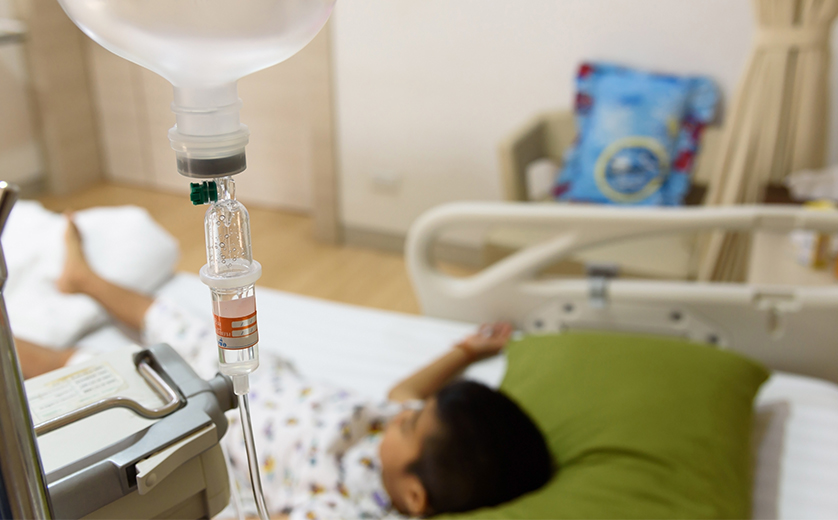A recently published study in the journal Cancer concludes that the success of a collaboration that included the Brown School can point the way to improve the use of a proven cancer intervention and reduce disparities in childhood cancer outcomes around the world.
Co-Author Virginia McKay, research assistant professor at the Brown School, said the study represents the beginning of a partnership between the Brown School and St. Jude Children’s Research Hospital to implement evidence-based cancer treatment in low- and middle-income countries.
“I think this collaboration is a model for other institutions that exhibit scientific leadership to support evidence-based care and quality improvement by collaborating with hospitals,” said McKay. Her role in the research was to provide expertise in implementation science and help support sustainable approaches to put new interventions into effect within the collaborative. Her counterpart and co-author at St. Jude is Asya Agulnik, associate member of the St. Jude faculty and Director of the Global Critical Care Program at St. Jude Global.
The study focused on the use in Latin America of pediatric early warning systems (PEWS), which help in the early identification of deterioration in hospitalized children with cancer. Because of a lack of resources, many hospitals in low-income countries are unable to fully utilize the system. The research project mentored participating centers to monitor clinical deterioration in children with cancer and implement PEWS from 2017-21 in 36 hospitals from 13 countries in Latin America. All of the centers eventually implemented PEWS, training more than 11,000 clinicians and maintaining high-quality use of the system. It was the first multicenter, multinational study reporting a successful implementation strategy to regionally scale-up PEWS.
“Evidence-based interventions like PEWS can be successfully scaled-up using a systematic approach that includes a collaborative network, an adaptable implementation strategy, and regional mentorship,” the paper concluded. “Lessons learned can guide future programs to promote the widespread adoption of effective interventions and reduce global disparities in childhood cancer outcomes.”
